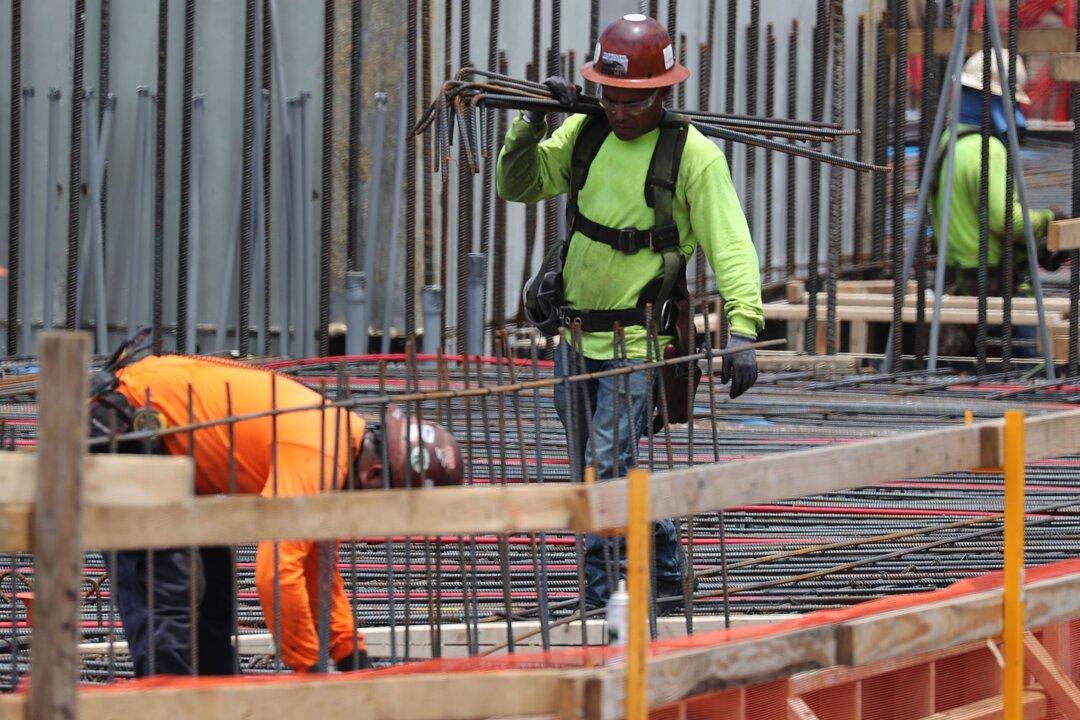According to analysis of recent government data by the Association of General Contractors of America (AGC), employment in the construction sector increased by 158,000 jobs in June. However, jobs in infrastructural construction continued to shrink over the same period.
The overall rate of unemployment in construction was 10.1 percent, with 962,000 construction workers currently off work. The unemployment figures for the industry were the most severe June jobless levels since 2012, with two-and-one-half times as many jobless as in June 2019.





